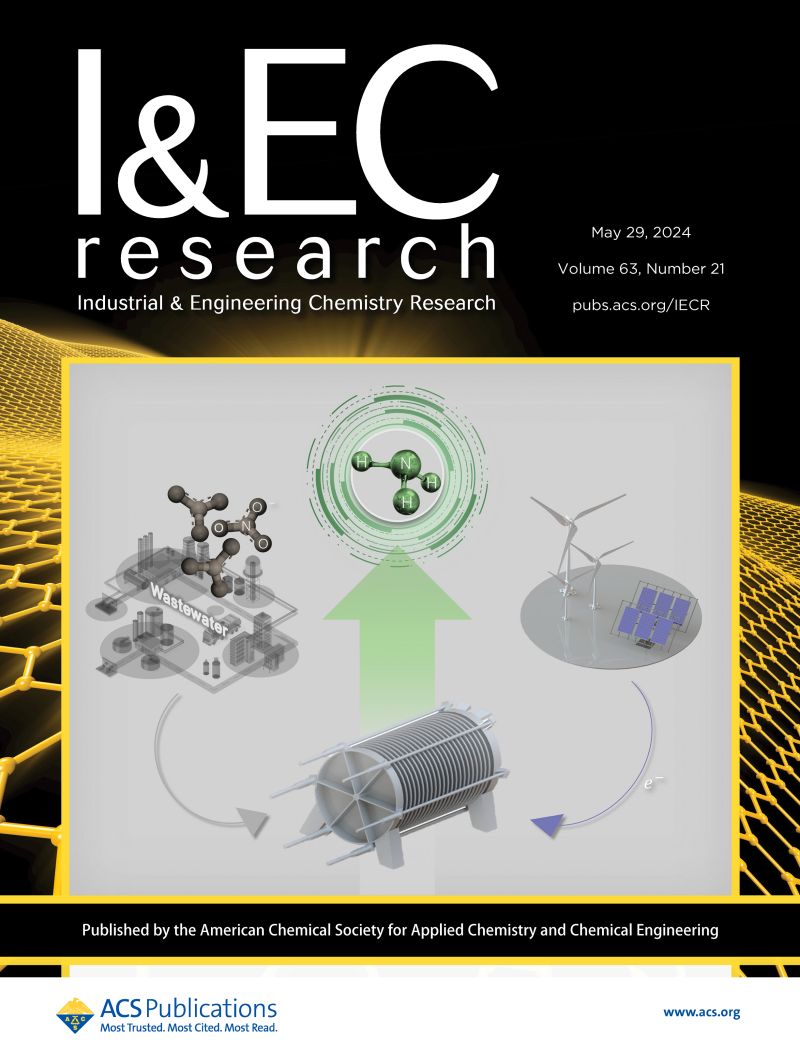Effects of Surrogate Hybridization and Adaptive Sampling for Simulation-Based Optimization
IF 3.8
3区 工程技术
Q2 ENGINEERING, CHEMICAL
引用次数: 0
Abstract
Process simulators are essential for modeling of complex processes; however, optimization of expensive models remains challenging due to lack of equations, simulation cost, and lack of convergence guarantees. To tackle these challenges, surrogate modeling and surrogate-based optimization methods have been proposed. Most commonly, surrogates are treated as black-box models, while recently hybrid surrogates have gained popularity. In this work, we assess two main methodologies: (a) optimization of surrogates trained using a set of fixed a priori samples using deterministic solvers, and (b) adaptive sampling-based optimization, which leverages surrogate predictions to guide the search process. Across both methods, we systematically compare the effect of black-box versus hybrid surrogates, that utilize a “model-correction” architecture combining different fidelity data. Through mathematical benchmarks with up to ten dimensions, and two engineering case studies for process design of an extractive distillation simulation model and an adsorption simulation model, we present the effects of sampling quantity, dimensionality, formulation, and hybridization on solution convergence, reliability, and CPU efficiency. Our results show that hybrid modeling improves surrogate robustness and reduces solution variability with fewer samples, though it increases optimization costs. Additionally, adaptive sampling methods are more efficient and consistent than fixed-sampling surrogate strategies, even across different sampling and dimensionality scenarios.

代理杂交和自适应采样对仿真优化的影响
过程模拟器对于复杂过程的建模是必不可少的;然而,由于缺乏方程、仿真成本和缺乏收敛保证,昂贵模型的优化仍然具有挑战性。为了应对这些挑战,人们提出了代理建模和基于代理的优化方法。最常见的是,代孕被视为黑盒模型,而最近混合代孕越来越受欢迎。在这项工作中,我们评估了两种主要方法:(a)使用确定性求解器使用一组固定先验样本训练的代理优化,以及(b)基于自适应采样的优化,它利用代理预测来指导搜索过程。在这两种方法中,我们系统地比较了黑箱和混合代理的效果,它们利用结合不同保真度数据的“模型校正”架构。通过多达十个维度的数学基准,以及萃取精馏模拟模型和吸附模拟模型的工艺设计的两个工程案例研究,我们展示了采样数量、维数、配方和杂交对溶液收敛、可靠性和CPU效率的影响。我们的研究结果表明,混合建模提高了代理鲁棒性,减少了样本较少的解决方案的可变性,尽管它增加了优化成本。此外,自适应抽样方法比固定抽样代理策略更有效和一致,即使在不同的抽样和维数场景中也是如此。
本文章由计算机程序翻译,如有差异,请以英文原文为准。
求助全文
约1分钟内获得全文
求助全文
来源期刊

Industrial & Engineering Chemistry Research
工程技术-工程:化工
CiteScore
7.40
自引率
7.10%
发文量
1467
审稿时长
2.8 months
期刊介绍:
ndustrial & Engineering Chemistry, with variations in title and format, has been published since 1909 by the American Chemical Society. Industrial & Engineering Chemistry Research is a weekly publication that reports industrial and academic research in the broad fields of applied chemistry and chemical engineering with special focus on fundamentals, processes, and products.
 求助内容:
求助内容: 应助结果提醒方式:
应助结果提醒方式:


